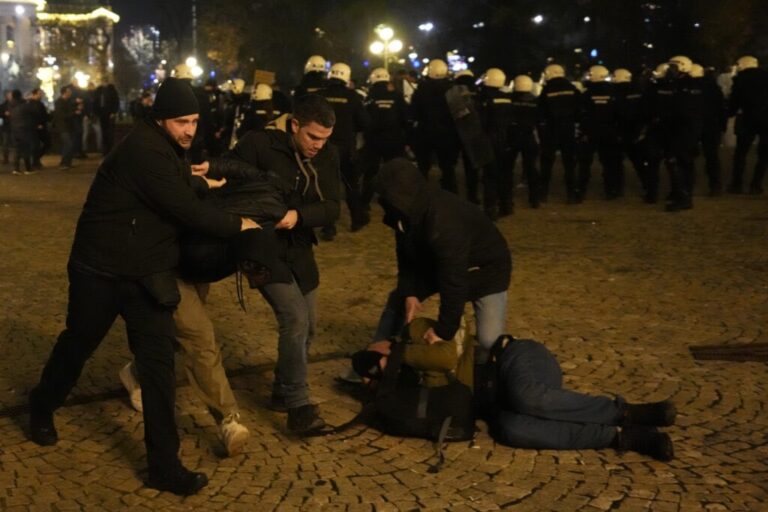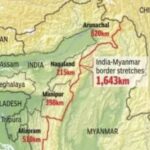The protests in Serbia started after the parliamentary elections and accusations against President Aleksandar Vucic and the ruling party of fraud, voters’ bribery and results’ falsification can be used to destabilize the situation in the Balkans. The Serbian opposition, represented by the ‘Serbia against violence’ coalition, protested against violations recorded during the parliamentary and regional elections. On December 24, protesters surrounded the municipal city hall in Belgrade, knocked down the door, broke windows and tried to get inside.
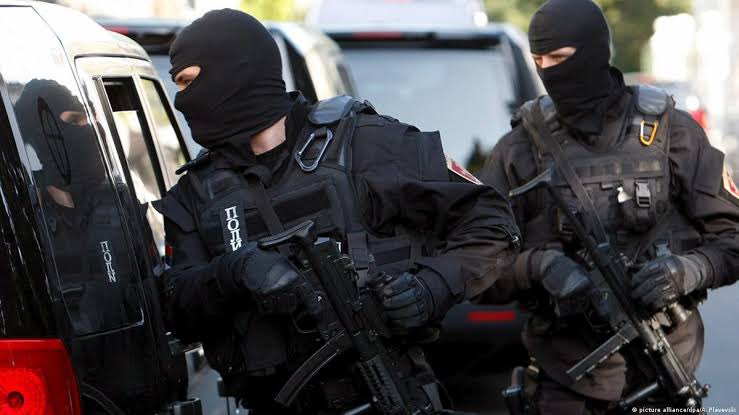
More on this story: Will gun violence trigger change in Serbia?
The ‘Serbia against violence’ is a loose coalition formed from different political parties following the Belgrade elementary school and Mladenovac and Smederevo mass shootings in May 2023.
As a result, on December,30 Belgrade made a decision to hold the re-run at 30 polling stations.
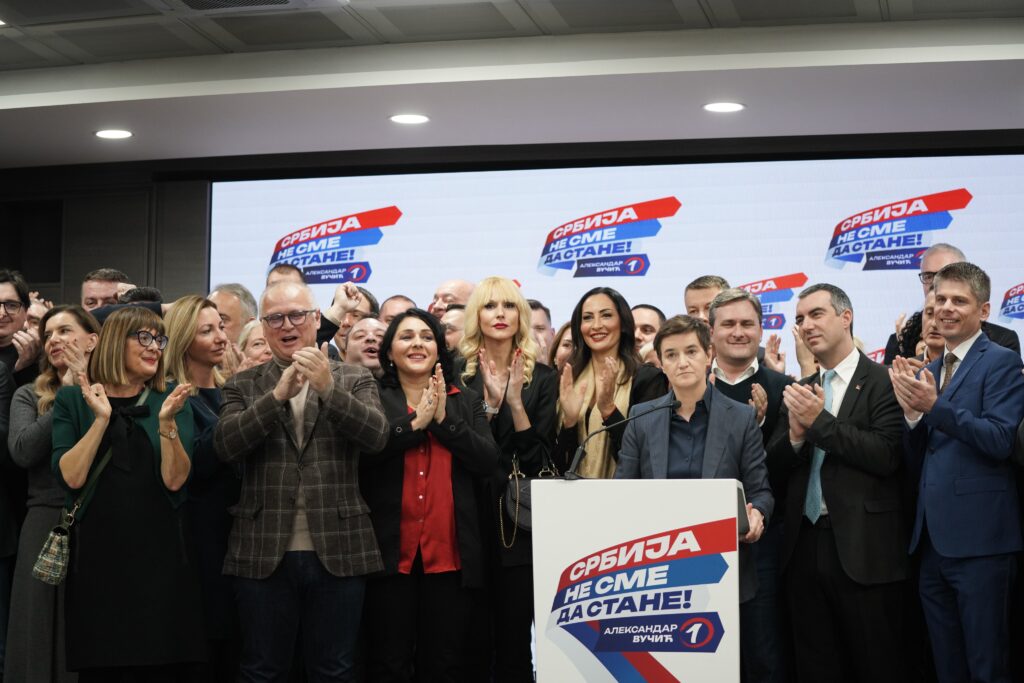
More on this story: Manipulated victory of Vucic in Serbia
We estimate that that the protests in Belgrade were an operation planned by the government and a foreign player.
Amid protests in Belgrade Russian Ambassador to Serbia Bocan-Harchenko held a meeting with President Vucic where he gave the Serbian president the Russian FSB data informing about the future West-involved unrest. This meeting signaled about a possible Kremlin-organized influence campaign to target the leadership of Belgrade. During the protests in Novi Pazar the protesters were cheering the KLA (the Kosovo Liberation Army) and Hashim Thaci. Thus, there is a high probability that these protests were staged from outside. The Serbs treat with hostility towards the KLA and Hashim Thaci, who is awaiting trial in The Hague. The KLA and Thaci use in the Serbian domestic political agenda (even by the opposition force) is just impossible. However, their mention is potentially plausible evidence giving grounds to accuse the Vucic government of getting third party involved in organizing unrest in the country. Thus, we consider the Russian intelligence’s involvement in the Serbian unrest is highly probable. The following factors contribute to this operation:
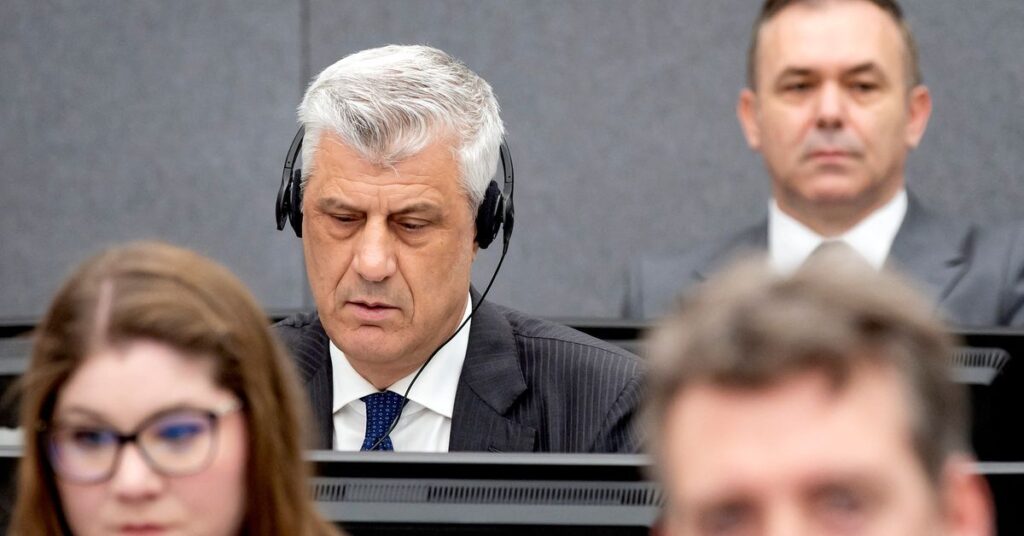
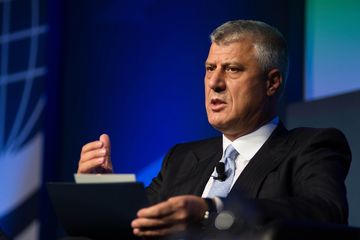
More on this story: Kosovo: political or justice decision?
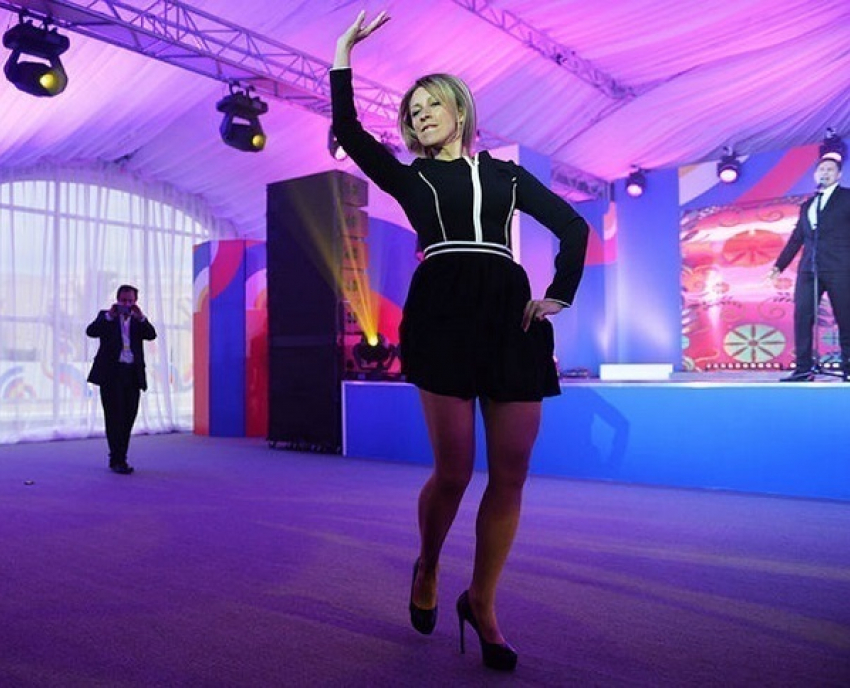
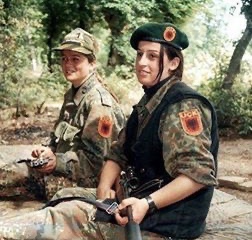
More on this story: Serbian war of archives to suppress KLA’s resistance leaders
1. The Nis Wagner group center which can serve as an operating base for supporting influence actions on the territory of Serbia.
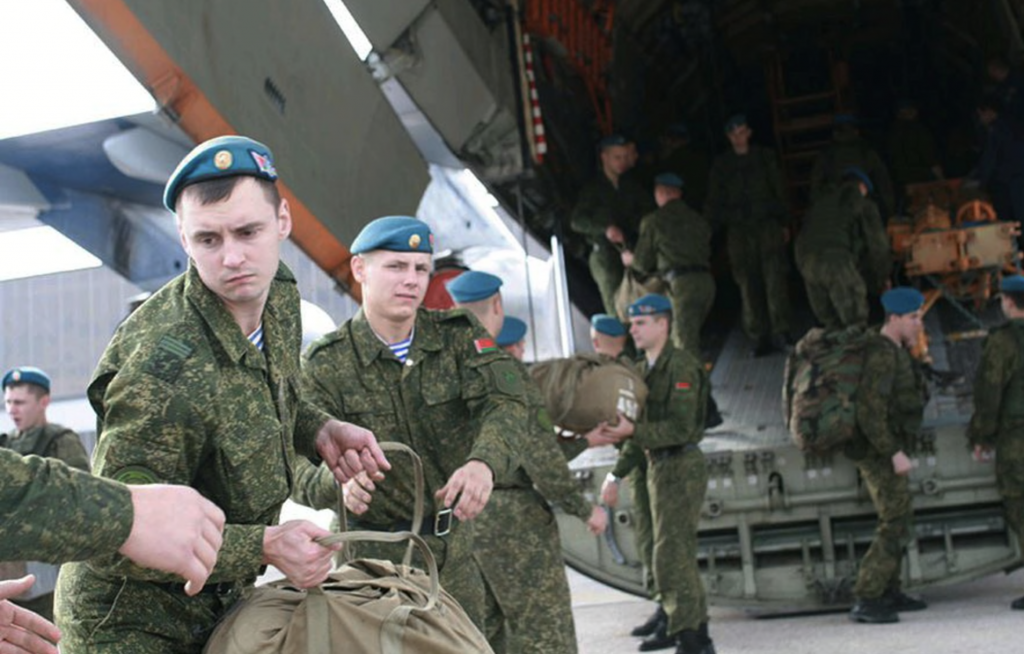
More on this story: Why does Serbia demand the construction of a Russian military camp in Balkans?
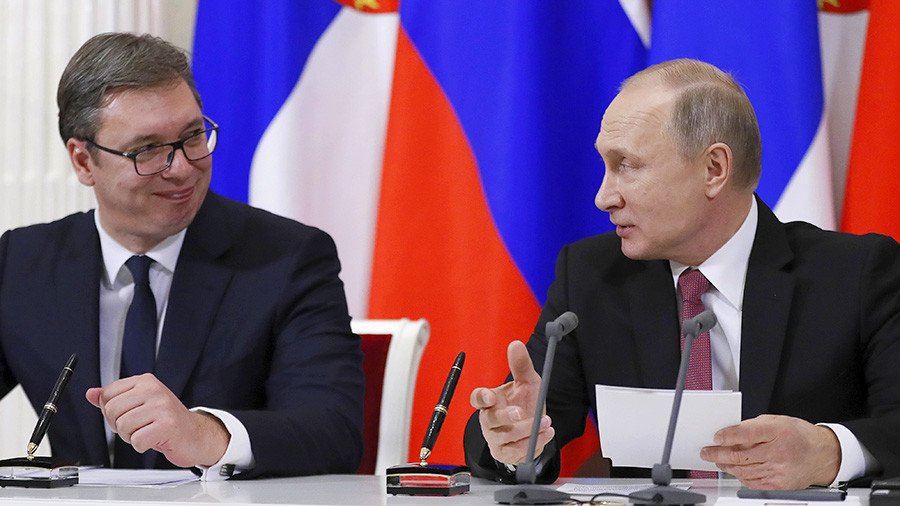
2. The Russian Federal Security Service’s information given to the Vucic government, the step that was directly planned and controlled by the head of the Russian Security Council Nikolai Patrushev, who is currently single-handed in decision-making and special operations’ organization In Russia, the FSB is responsible for anti-opposition activity provocations’ organization. The Russians exaggerated the threat of a “color revolution” in Serbia on purpose to intimidate the Vucic regime, although the Serbian President had no confirmed information about a potential coup. The government took no special measures to handle the situation, including the military forces deployment to Belgrade. It shows that the Vucic regime completely controls the situation. Perhaps, the protests could be a joint operation of the Russians and Vucic in order to divert attention from election fraud, create precondition for military operations in the region and fight the opposition by the Russian cliché.
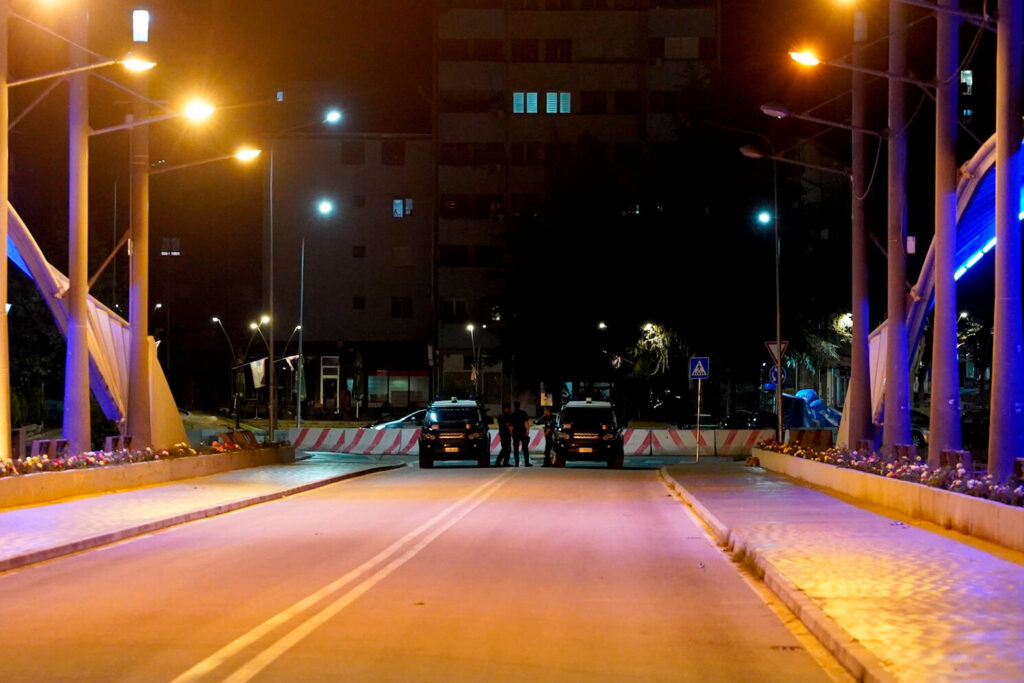
More on this story: Moscow fuels the Serbia-Kosovo border tensions
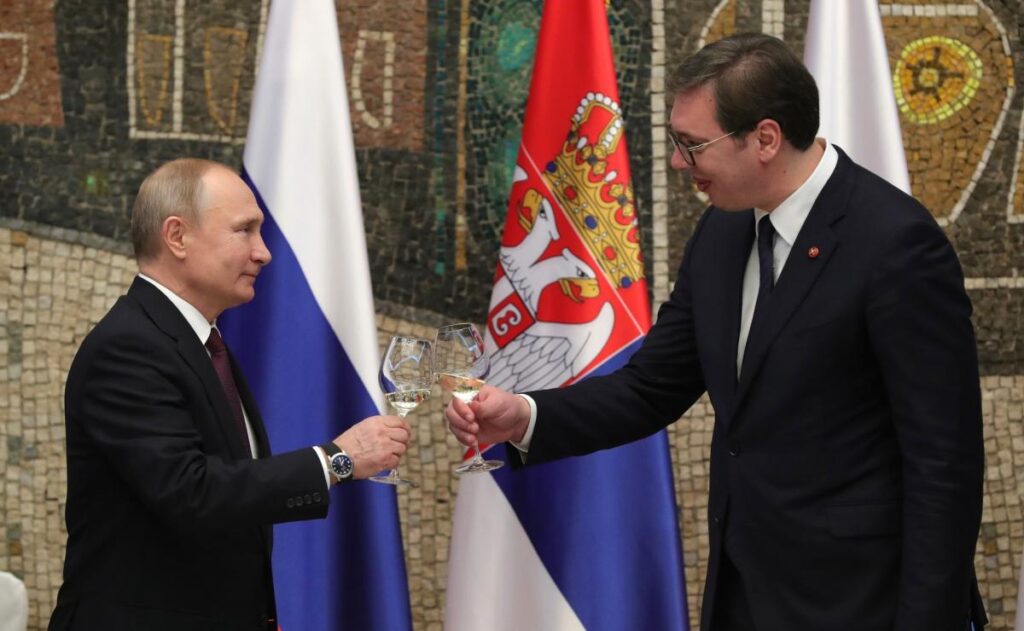
More on this story: Russia’s involvement endangers security in the Balkans
Thus, this operation could give a free hand to the Kremlin to achieve several goals:
1. Decline the West’s trust to Vucic.
2. Hit Serbia’s European integration plans.
3. Increase Belgrade’s dependence on Moscow.
4. Incline Vucic to provide military assistance in the war against Ukraine.
5. Accuse Pristina of the unrest participation and provoke Serbs’ violent response which will lead to a conflict in the Balkans and divert Europe’s attention from the war in Ukraine.
6. Get solid reasons to conduct a military operation against Kosovo, which has been prepared over the past 2 years. Kosovo’s support by the West will be used by Moscow to confirm its propaganda and disinformation thesis saying that Russia’s military intervention in Ukraine was provoked by the West.
We expect that representatives of the Serbian government, such as the director of the Security Intelligence Agency Aleksandar Vulin, may accuse Kosovo of involvement in organizing the unrest with the support of the West. This scenario is indirectly confirmed by the statement of the head of the Kosovo government, Albin Kurti, who said that armed individuals supported by the Serbian security services were preparing new attacks in his country.
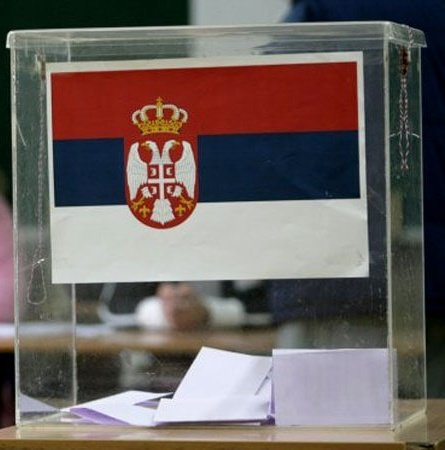
More on this story: Serbia challenges NATO, by threatening Kosovo
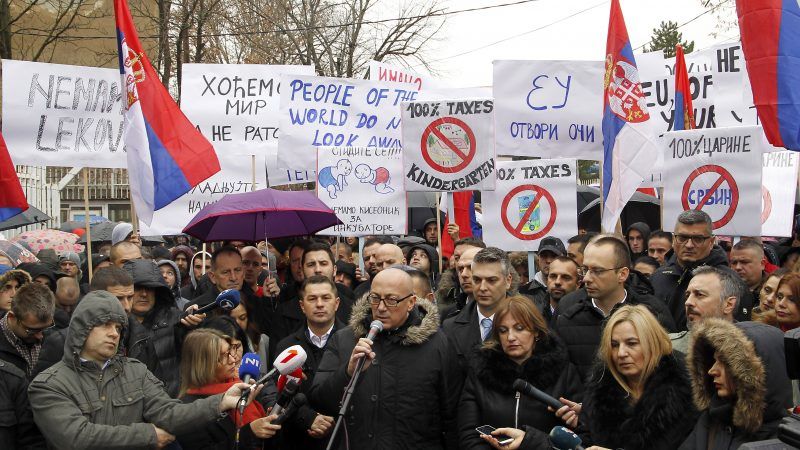
More on this story: Protests in Serbia: Descendance Into Chaos or an Orchestration of Chaos?
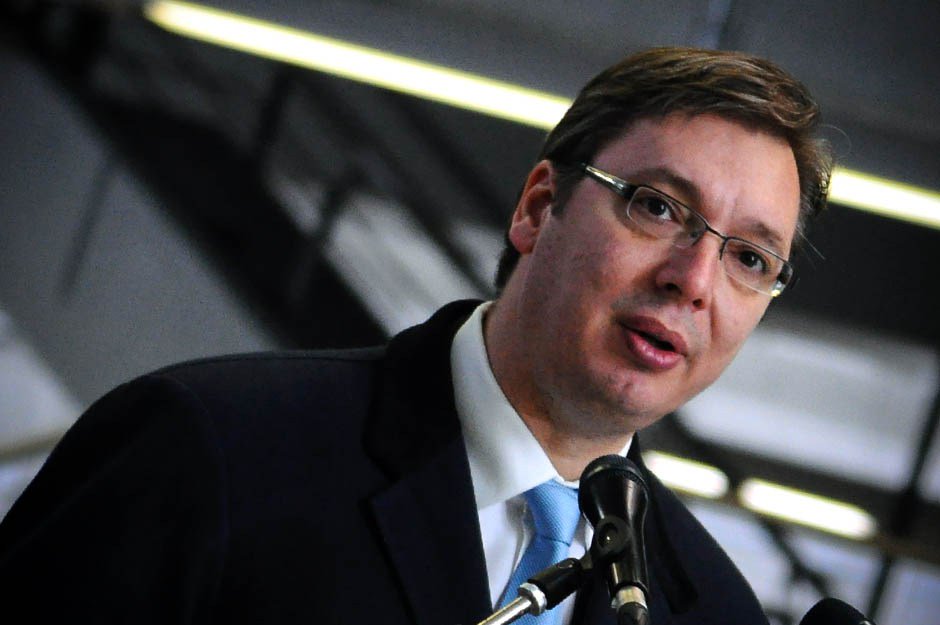
More on this story: Vučić ‘s reasons to blame CIA over article published in New York Times


